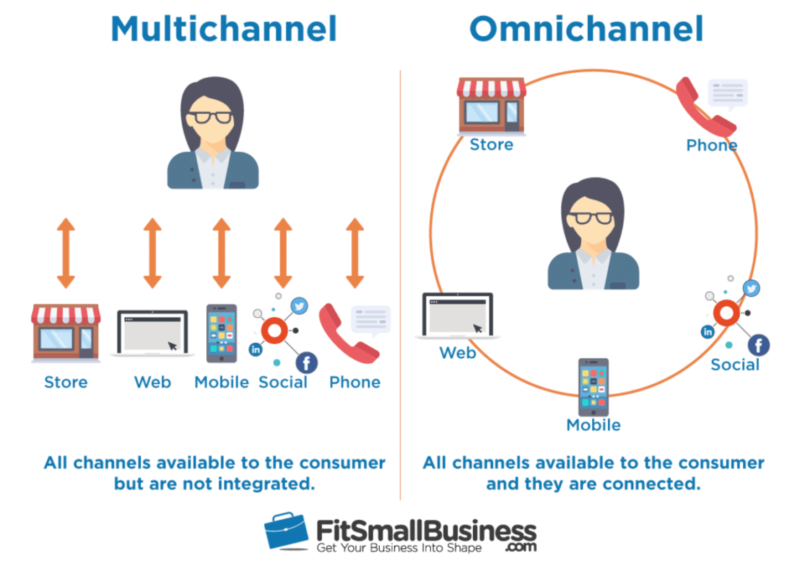
Omnichannel retail represents step 3 in the evolution of retail strategy.
1: Single-channel retail; where a business sells through one singular channel, e.g. their own website, or on Amazon or eBay.
2: Multi-channel retail; where a business sells through multiple sales channels, e.g. their own website, online marketplaces, mail order, and in a brick-and-mortar store.
3: Omni-channel retail; where a business sells through many multiple sales channels, but crucially, where these channels are linked together for a seamless customer experience.

Disney provides a class-leading omnichannel retail strategy. Their focus on storytelling and customer experiences encapsulates a near-perfect omnichannel experience.
Firstly, let’s look at what sorts of channels Disney controls:
These channels are linked. For example, if you buy tickets for Disneyland, you’ll be prompted to manage and plan your trip in the Disneyland app which displays everything from opening times to special events, queue durations, etc.
You can use a MagicBand wristband to access rides and events, pay for food and merchandise and connect Disney PhotoPass images to your account. Behind each channel is a powerful recommendations engine that uses complex customer data to optimize and personalize customer experiences.
Customers want omnichannel experiences, it hasn’t been invented by the industry as the new status quo. The development of omnichannel retail is led by demand.
Omnichannel retail is accessible to smaller businesses – start with an audit of current sales channels and if or how they link together. For example, a legacy brick-and-mortar POS system doesn’t provide the same connectivity as a cloud-based POS system.
Before businesses start adding channels to their retail strategy, it’s crucial to get the basics right first. Branding is central to omnichannel retail – channels should connect in terms of their visual branding and brand messaging.
One example is product packaging. Small businesses might sell at a small brick-and-mortar store and online via a website, Amazon, eBay, Etsy, etc. Ensure branding and brand messaging are the same across all channels and social media.
Omnichannel marketing is synchronous with omnichannel retail. Omnichannel remarketing strategies allow ad targeting across different touchpoints, helping marketers chart the customer journey and sales funnel. For example, users that show some interest via a business’s website can be retargeted on social media or even given a discount code for exchange in-store if they live near to one.
Centralizing customer data using customer data platforms and headless eCommerce architecture ensures the smooth transmission of customer data from one touchpoint to another. Read up more on headless eCommerce here.
Customers split their shopping efforts and browsing over many channels. To follow in-suit, retailers needed to match consumer desire for multiple retail channels, providing a seamless, interconnected experience. For smaller businesses and startups, this might be as simple as adding more retail channels and synchronizing data to a customer data platform or CRM for cross-analysis and omnichannel remarketing.